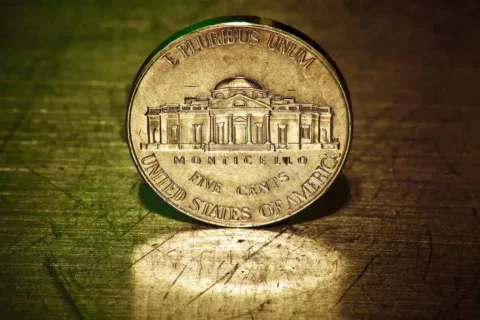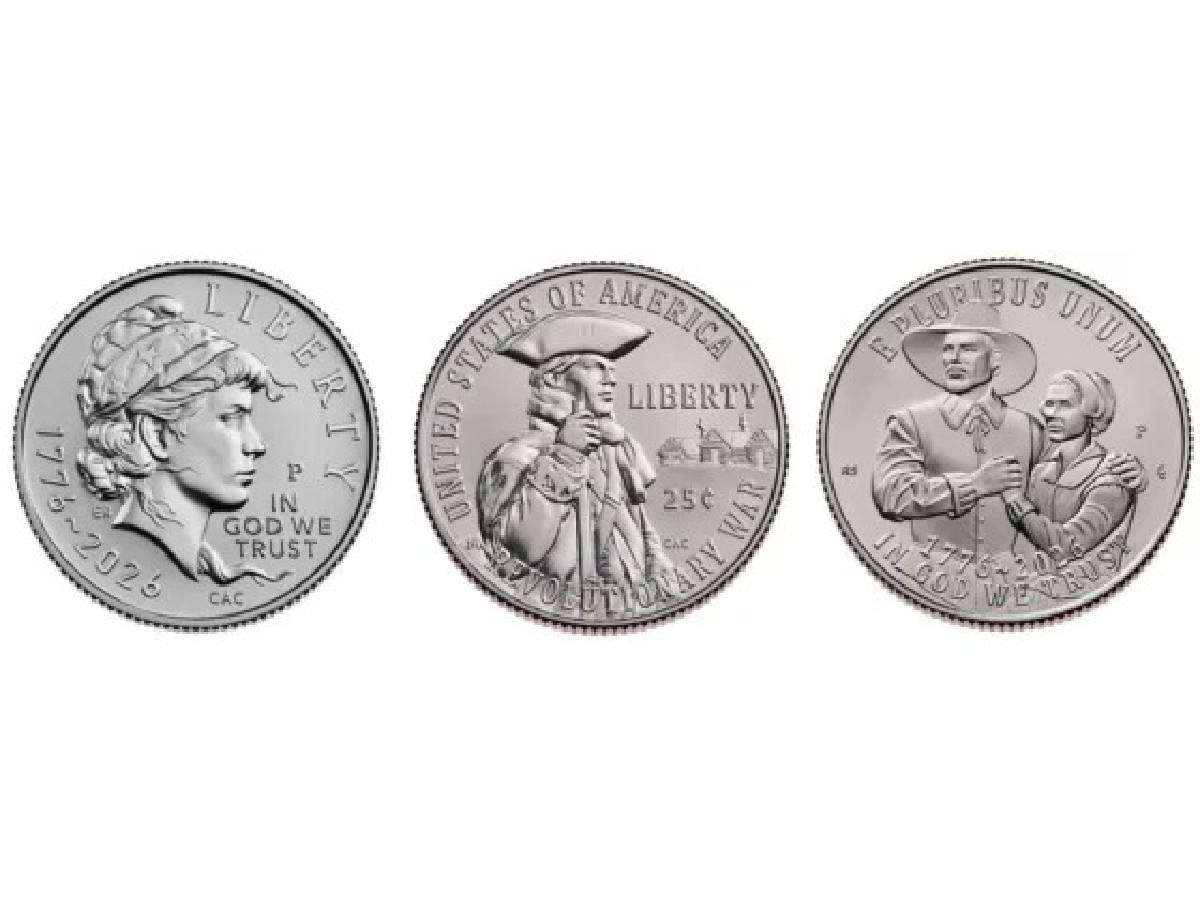
Wondering if your 1939 Jefferson nickel is valuable?
1939 Jefferson nickels turn up from time to time in pocket change, and many are worth big bucks.
At the very least, all 1939 nickels are worth more than face value — but some are actually quite valuable and worth upwards of $20,000!
- So, which ones are worth hundreds, even thousands of dollars — and which ones are worth just a little over face value?
- Are 1939 silver nickels made of silver?
- Are 1939 nickels rare?
See the answers to those questions and find out how much your 1939 nickel is worth…
Are 1939 Nickels Rare?
Some 1939 nickels are rare, but most aren’t.
So, how do you tell the difference?
The rarest, lowest-mintage 1939 Jefferson nickel intended for circulation was made at the Denver Mint. The 1939-D nickel is the second-lowest mintage business-strike Jefferson nickel made (with barely more than 3.5 million of these coins struck) — behind only the 1950-D.
Where is the mintmark on a 1939 nickel? It’s not on the obverse (“heads side”) as it is on more modern nickels. It’s on the reverse (“tails side”) — just to the right of Thomas Jefferson’s stately Virginia home, Monticello… and near the rim. If you don’t see a mintmark, then it was struck at the Philadelphia Mint.
Another rare 1939 nickel exhibits doubling in the inscriptions “MONTICELLO” and “FIVE CENTS” on the reverse. This type of error coin is known as a doubled die and is highly scarce. (More about this 1939 nickel error below.)
There is also the 1939 proof nickel, made exclusively for coin collectors, that is quite rare. Bearing fine features and a mirror-like finish, these proof coins aren’t likely to turn up in circulation.
Most 1939 Jefferson nickels you’ll find in circulation aren’t necessarily rare or highly valuable, but they are worth more than face value! (You will see a list of all 1939 nickel values below.)
Are 1939 Silver Nickels Made Of Silver?
You may have heard something about old nickels made from silver. Or, perhaps you’re aware that many old coins contain silver — and you’re wondering if your 1939 Jefferson nickel does as well.
Unfortunately, no 1939 Jefferson nickels are made from silver!
The only silver five-cent coins made by the United States Mint during the 20th century are the silver war nickels struck from 1942 through 1945. These real silver nickels were made to help save nickel for World War II artillery.
You can easily tell a silver war nickel apart from a “regular” nickel by the presence of a large “P,” “D,” or “S” mintmark over the dome of Monticello on the reverse of some 1942 nickels and all 1943, 1944, and 1945 nickels.
How Much Is A 1939 Nickel Worth?
Now that we’ve examined the various types of 1939 Jefferson nickels, it’s time to discuss what these old coins are worth.
1939 nickel values are largely dependent on the condition of the individual coin. So keep in mind, just because you saw a 1939 worth $1,000 or $10,000 someplace else does not mean that yours is necessarily worth that much.
Here are all 1939 nickel values…
1939 Nickel Value (no mintmark)
The 1939 no-mintmark Jefferson nickel is the most common of the bunch listed in this article. A total of 120,615,000 were made, and the vast majority of survivors are found in various stages of circulated condition:
- A well-worn 1939 nickel is worth approximately 7 to 10 cents.
- An 1939 Jefferson nickel in uncirculated condition is worth about $2 and up.
- 1939 nickels with Full Steps details on Monticello are worth $20 and up. (The most valuable was graded MS68 by Professional Coin Grading Service and sold for $23,500.)
1939 Doubled MONTICELLO & FIVE CENTS Nickel Value
This scarce doubled die variety, struck at the Philadelphia Mint, is worth much more than face value — even in well-worn grades.
There is no known mintage figure for this variety, although experts (such as those at PCGS) believe there may be 60,000 or so examples out there.
Here’s how much this 1939 doubled die nickel is worth:
- Well-worn circulated examples are worth $20 and up.
- Circulated examples exhibiting only light wear are worth about $150 apiece.
- Mint State specimens are worth $300 and up.
- 1939 doubled die nickels with Full Steps details are rare and worth more than $1,000. (One example graded MS67 Full Steps by PCGS sold for $23,500.)
1939 Proof Nickel Value
These top-quality 1939 proof nickels were intentionally struck multiple times on polished planchets by specially prepared. These proof coins show even the most minute details! And they are quite scarce, as only 12,535 were made. You will only find these coins in 1939 proof sets.
- A typical proof example is worth about $90.
- The record price of $18,400 was paid for a premier specimen 1939 proof nickel graded by PCGS as PR68.
1939-D Nickel Value (“D” mintmark”)
Considered a scarce semi-key date for the Jefferson nickel series, the 1939-D is one of the more difficult pieces to find.
Only 3,514,000 were struck at the Denver Mint, and perhaps only a third of those still exist. The vast majority known today are in circulated grades — with a much smaller but still significant number known in various uncirculated grades. The most valuable 1939-D Jefferson nickels are those with Full Steps details.
- Average circulated examples are worth $8 to $15.
- Typical Mint State specimens have a value of $50 to $100.
- Pieces with Full Steps details are worth $200 and up, with the record price of $26,400 obtained for a specimen graded PCGS MS68 Full Steps.
1939-S Nickel Value (“S” mintmark”)
Hailing from the San Francisco Mint, the 1939-S Jefferson nickel saw a mintage of 6,630,000 — still on the lower side, though much higher than its 1939 Denver counterpart.
The 1939-S isn’t necessarily considered scarce, though many regard it as a better date. It’s extraordinarily tough to find one of these coin in circulation today, though that’s where plenty were plucked from decades back. The vast majority show heavy wear.
- In well-worn grades, the 1939-S nickel is worth $2 to $5.
- Uncirculated pieces have a value of $15 or more.
- Examples with Full Steps fetch $100 or more, with the record price of $8,050 paid for an MS66 specimen slabbed by PCGS.
IMPORTANT: What Is The Grade Of Your 1939 Nickel?
To determine the true value of your 1939 Jefferson nickel, you first need to know what condition (or grade) your coin is in.
Grab a coin magnifier and a copy of the U.S. Coin Grading Standards book. Then, watch this video to see how to grade coins yourself at home:




